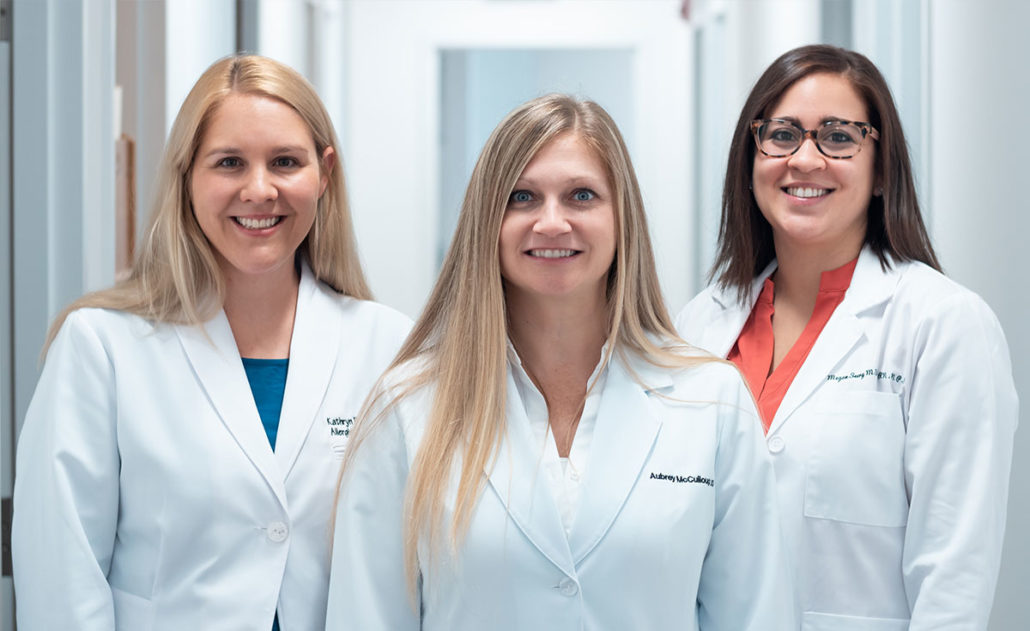
Clear Airways: Children’s Sinus & Allergy Care
Children’s stuffy noses and sneezes aren’t just a phase. At Penn Medicine Becker ENT & Allergy Center in New Jersey and Pennsylvania, we introduce advanced Pediatric Sinus & Allergy Care. No more endless tissues and sleepless nights; with our expertise, your child will breathe easier and play happier!
Benefits of Pediatric Sinus & Allergy Treatments
Pediatric Sinus & Allergy Care isn’t just another treatment—it’s a transformative approach tailored to the unique needs of our youngest patients. With specialized care, children can experience a life unburdened by constant sniffles and sneezes. Discover the multifaceted benefits:
Breathe Freely, Play Happily
With precise care, we ensure your child’s airways are clear, making playtime more joyful and restful sleep a reality.
Less Medication, More Solutions
Say goodbye to the daily dose routine. Our treatments focus on long-term solutions, minimizing medication dependency.
Expertise Meets Compassion
Our team isn’t just trained in pediatric care—they’re passionate about ensuring your child’s comfort and well-being at every step.
Children’s sinuses are still developing until well into their teen years. This makes them susceptible to sinus and allergy conditions, which can be either acute like a common cold, or chronic like chronic sinusitis. It’s not uncommon for pediatric sinusitis in children to morph into chronic sinus conditions.
What are Sinus & Allergy Common Symptoms?
Pediatric sinusitis, often referred to as sinus infections, is associated with a variety of cold-like symptoms, including a stuffy nose, thick yellow-green nasal discharge, cough, congestion, sore throat, postnasal drip, fever, headache, irritability, nausea, vomiting, bad breath, swollen eyes, and fatigue. While there is no sure-fire way to tell if your child is suffering from sinusitis without a visit to a healthcare provider, if symptoms of sinusitis such as nasal passage blockages don’t clear up within 10-14 days, there’s a good chance that is the case.

Allergies present similar signs and are pretty common. Allergies are caused by a number of factors, including seasonal pollen from plants, trees, and weeds; pet dander; dust mites; mold; tobacco smoke; food; and certain chemicals. A percentage of children will experience these symptoms regularly.
How are Sinus & Allergy Conditions Diagnosed?
A visit to your child’s pediatrician or healthcare provider will confirm whether he or she is suffering from sinusitis or allergies. Allergy tests can provide an accurate diagnosis. In addition to a physical exam, the doctor will examine your child’s ears, nose, and throat, and may order diagnostic tests, such as a CT scan, to obtain detailed images of how blocked the sinuses are. Allergy skin testing or blood tests will help determine whether a specific allergen is responsible.
ENT treatment options are based on the underlying health conditions causing your child’s sinus allergy symptoms. Bacterial infections may require treatment with antibiotics, while allergy medicine, such as nasal decongestant sprays, and saline drops are all effective remedies for acute sinusitis. In the case of chronic sinusitis, treatment for sinusitis may require additional medications or surgery. It’s up to your child’s doctor to determine the best course of action. They will provide an accurate diagnosis and prescribe the correct treatment for both short-term relief and long-term management.
Allergies can often be treated with antihistamines, decongestants, and other medications such as Advil Allergy Sinus. Immunotherapy (allergy shots) is sometimes recommended in extreme cases when medical ENT treatment is ineffective.
Allergies are ranked among the most common chronic conditions affecting populations worldwide. Symptoms begin when the body’s immune system overreacts to harmless invaders that are typically in the form of pollen, pet dander, dust, molds, or foods. These antigens trigger cells to release histamine and other chemicals leading to an inflammatory response. Symptoms range from seasonal annoyances, that include itchy eyes, runny nose, nasal congestion, and sneezing to life-threatening systemic reactions. The “Garden State” boasts some of the highest pollen counts during spring and fall contributing to chronic sinus disease. Penn Medicine Becker ENT & Allergy is dedicated to addressing your allergy concerns by providing safe and relatively painless diagnosis as well as a convenient and cost-effective treatment.
Sinus & Allergy Testing
Skin Testing for Sinus & Allergy
Skin Testing involves a relatively painless procedure using a multi-prick device to identify allergies to weeds, trees, grass, dust mite, pet dander, and mold spores. Testing takes approximately 20-30 minutes and results are identified during the visit.
Sinus & Allergy Food Testing
Food Testing involves an initial visit to determine suspect food groups. An appropriate lab requisition will be given and requires no fasting. It is also an option for patients who cannot discontinue acid reflux medications for skin testing. Such tests can help to distinguish between a viral infection and a more serious condition like nasal polyps.
Treatment for Sinus & Allergy
Subcutaneous injections
Subcutaneous injections are offered at two convenient locations with flexible scheduling to fit your busy lifestyle.
Sublingual therapy
Sublingual therapy (self-administered drops under the tongue) is offered as a cost-effective and convenient method of treatment for those patients who cannot adhere to a weekly shot schedule. These are part of the affordable solutions we offer for the treatment of sinus issues and allergies.

Pediatric Testing
Pediatric Testing is available for children three years and older. Some children may be born with a Birth defect affecting their sinuses, which can lead to an increased risk of sinusitis. It’s crucial to keep your child’s nose moist and provide the necessary medical care to ensure the symptoms don’t escalate.
Pet Allergies
We offer sublingual therapy to neutralize symptoms as an alternative to giving up your family pet.
Food allergy vs. intolerances
Testing to distinguish allergy from intolerances as well as screening for Celiac Disease.
Contact our pediatric telemedicine doctor.

